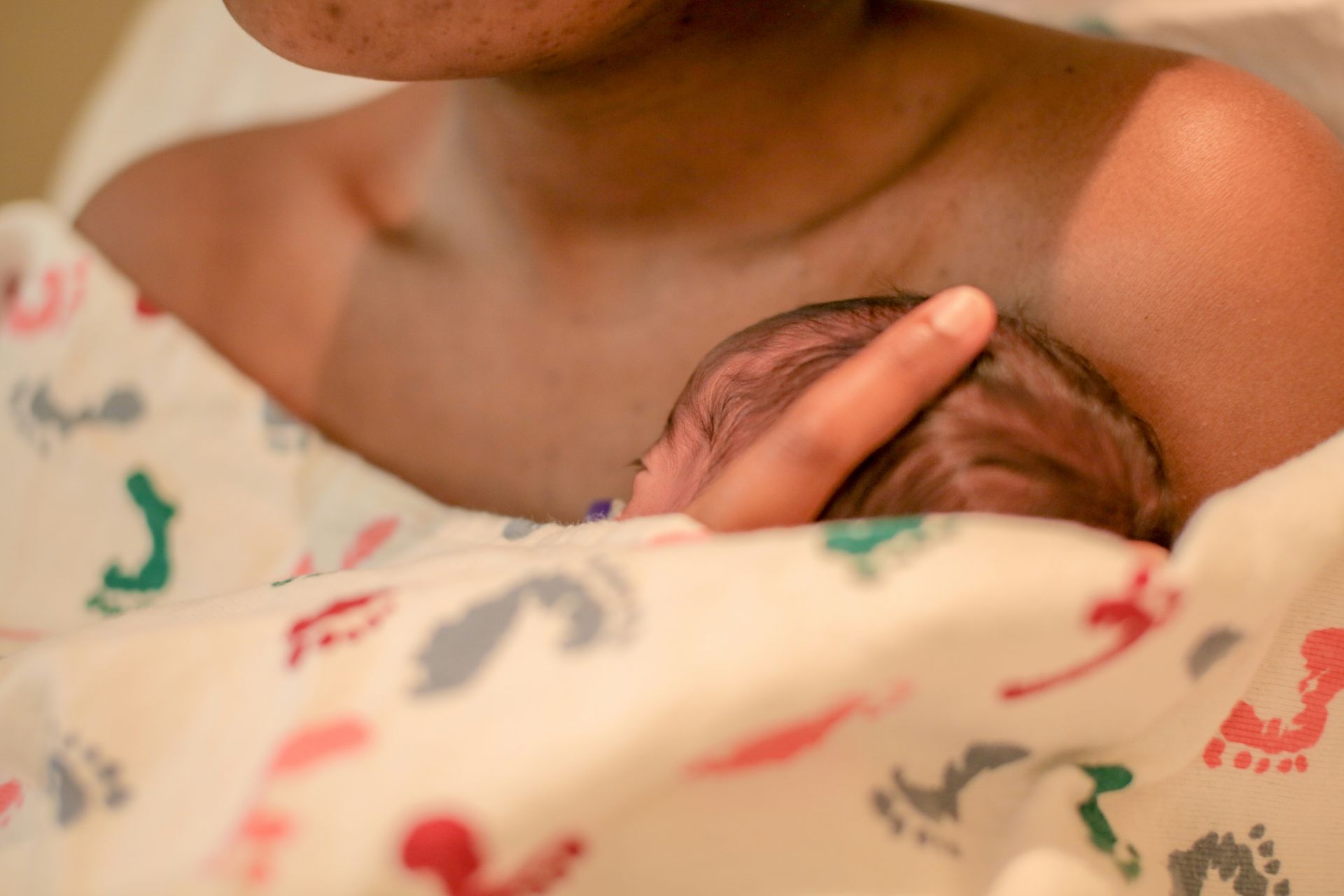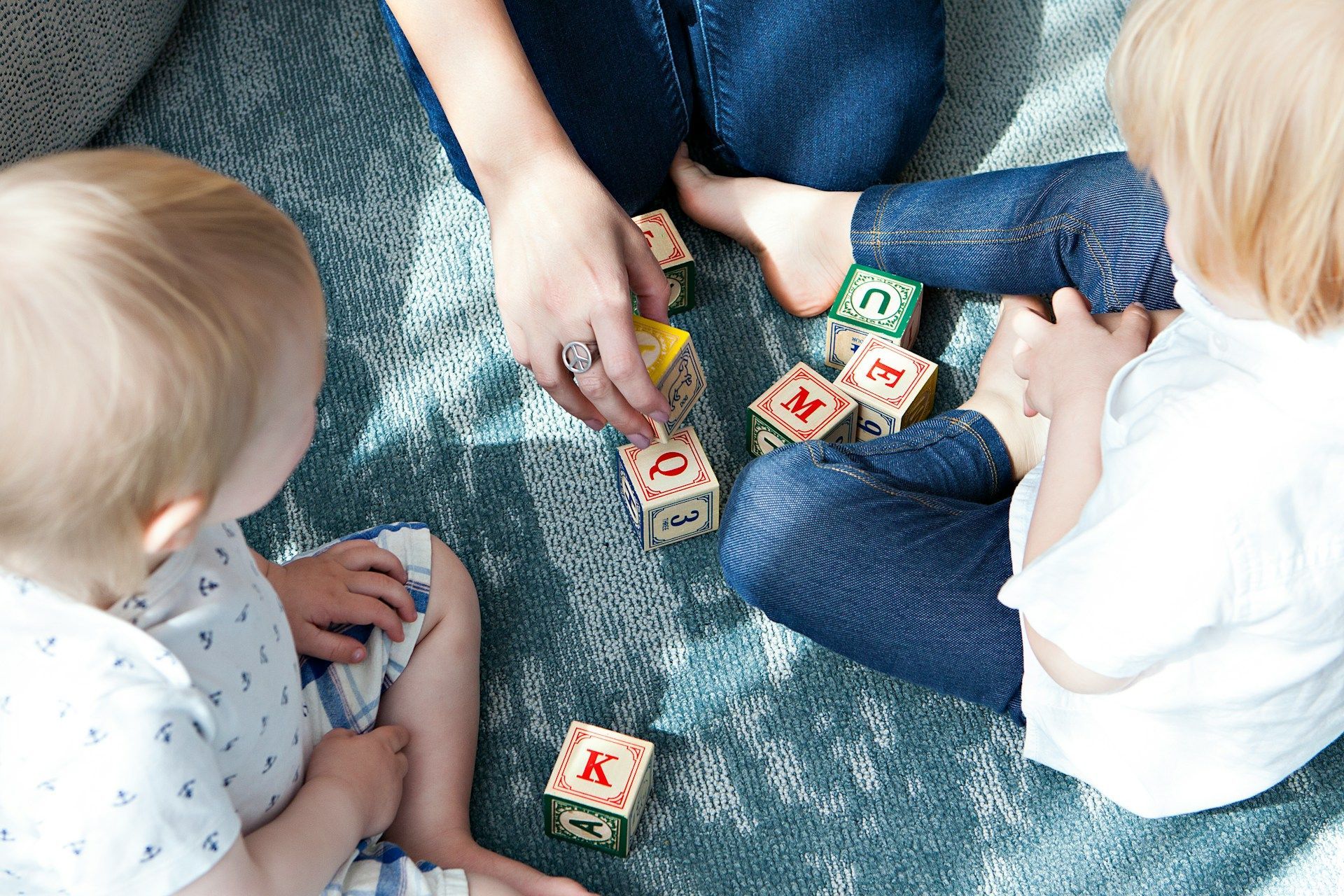Understanding Birth Trauma from a Certified Perinatal Therapist
Birth Trauma: A Certified Perinatal Therapist’s Perspective

There are so many different feelings that can come along with having a baby. Some might describe their child's birth as the “best day of my life.” But for others, birth can be an experience that feels less joyful and more appropriately described as traumatic. How does one describe trauma in this context of birth? A life-threatening experience for mom and baby falls under this category of birth trauma, but it’s not quite as simple as that. 1 in 3 mothers would describe their birth as some degree of trauma. Sometimes, a traumatic birth may even look “normal” to an outsider looking in, but it is more about how the mother experienced the birth- how she felt during and after it. It is a distressing event related in some way to the birth of your baby- whether before, during, or after the actual birth. This could entail the birth not going according to plan, an unexpected c-section, a painful tear, not feeling heard or validated by medical professionals, a surprise NICU stay for the baby- the list could go on and on. Combined with the already present difficulties of the postpartum season (hormonal shifts, baby blues, lack of sleep, colossal life adjustment in taking care of a baby 24/7), birth trauma can lead to symptoms that make it hard to function in daily life. It can greatly increase the likelihood of developing perinatal mood and anxiety disorders (PMADs).
Birth trauma can be challenging to share with others because well-meaning loved ones can throw platitudes at a new mama, which, albeit may be well-intentioned, can be dismissive of what she is going through emotionally following a challenging birth- do any of these sound familiar? “Well, the baby is healthy; that’s what matters,” or “I’m sure it was all worth it to get your baby, right?” Additionally, that new mom may be bombarded by positive and joyful birth stories from friends or on social media, leading to increased feelings of grief/jealousy/anger over why they didn’t get to have that kind of birth experience. As a certified perinatal mental health counselor, I am passionate about creating space for mothers to express their full range of emotions about birth and entering motherhood without judgment and to process them in a way that pursues healing. It is crucial for healthcare professionals to understand and empathize with these experiences, providing the necessary support and care.
If you would like help navigating life as a new mom and processing your birth experience reach out to Bareiter Counseling Center. We would love to help.
Licensed Clinical Mental Health Counselor,
Certified Perinatal Mental Health



